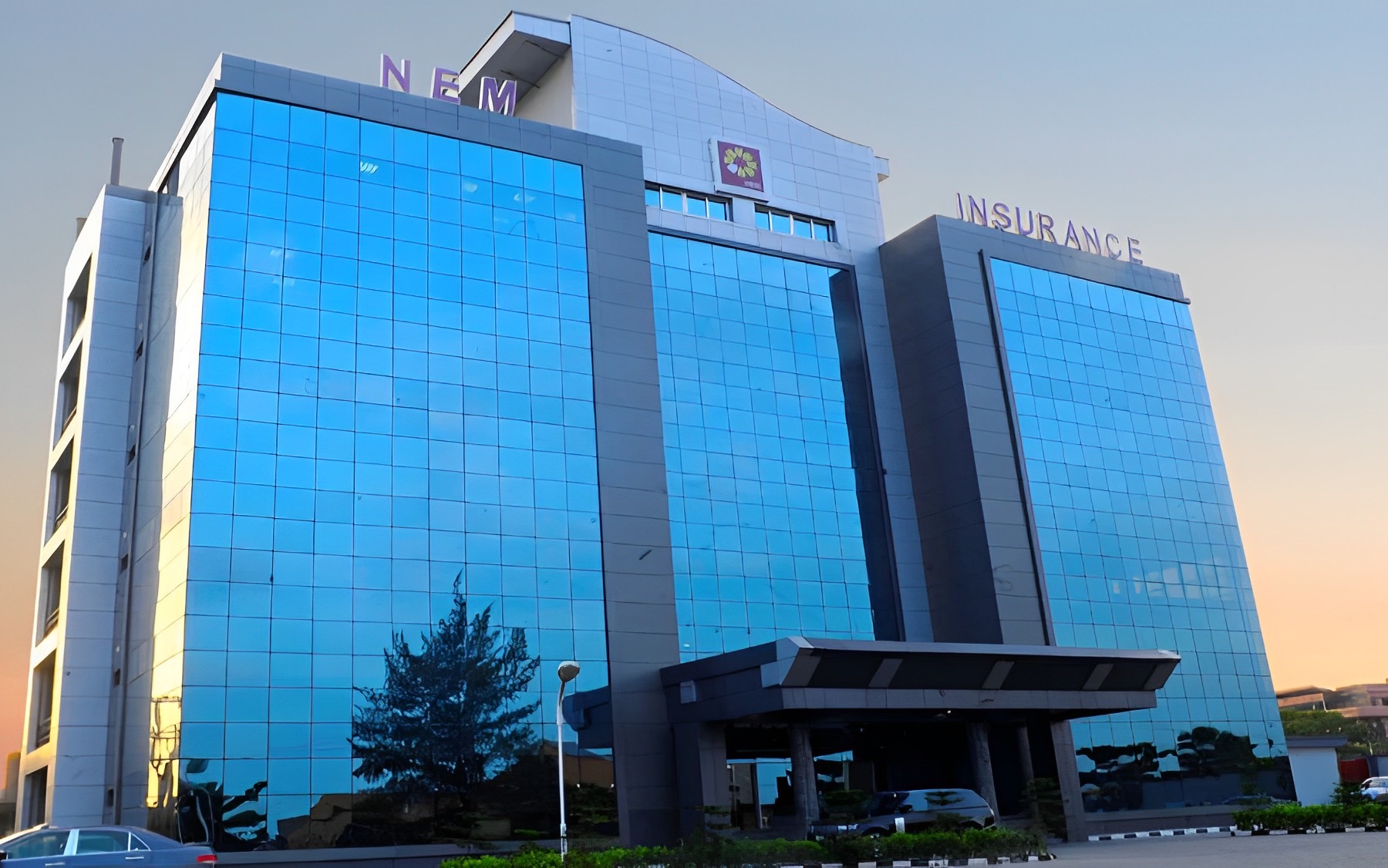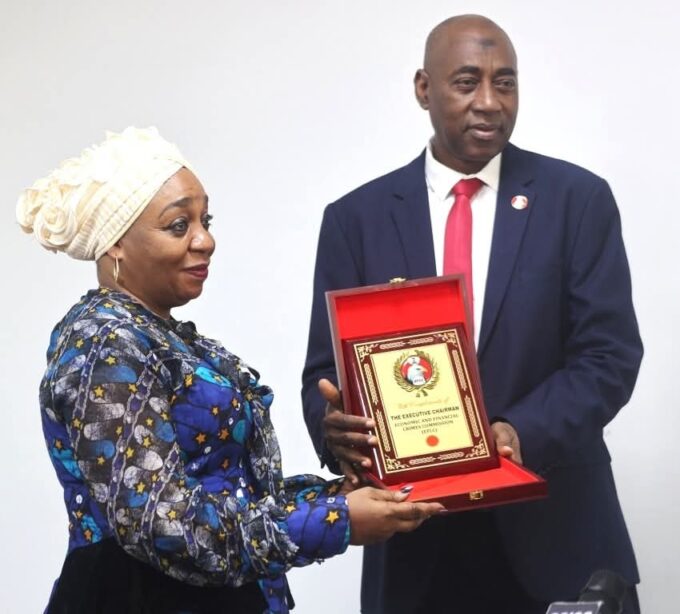Experts have said that critical illness insurance is a powerful tool for preserving and building wealth.
According to them money spent on managing ill health are money that could be better invested elsewhere, such as in education, homes, building businesses, or saving for retirement.
Speaking at a live webinar hosted by Coronation Life Assurance, Assistant Director of Underwriting and Marketing at Africa Re, Abdul-Rasheed Akolade, Founder and Managing Director of Tillit MSME Microservices Dr. Yomi Sule, Nollywood actor and producer, professional banker and financial advisor,
Adekanla Desalu, aka ‘Deza the Great ‘ and Head of Partnership at Coronation Life Assurance Limited, Kehinde Grillo discussed the critical role of health insurance in transforming Nigeria’s economy by building more resilient lives.
The panel session moderated by Wole Famurewa, CNBC Africa Anchor, while the Executive Director of Coronation Life Assurance Limited, Adebowole Adesona, set the tone of the discussion, pointing out the critical role of prevention in managing health costs and outcomes, Adesona noted that the key to prevention was education.
The keynote speaker Akolade described health insurance as a key enabler of wealth. Health insurance covering named illnesses, injuries, or conditions provided funds for the treatment or management of conditions that might otherwise destroy a person financially.
He said even where people were able to make a plan to deal with illnesses as they arose, over a lifetime, money spent on managing ill health was money that could be better invested elsewhere, such as in education, homes, building businesses, or saving for retirement.
Akolade believed that critical illness insurance was a powerful tool for preserving and building wealth. Covering named dread diseases, such as heart attack, stroke, cancer, coronary bypass, major organ transplants, or kidney failure, critical illness cover was effective in managing large, ongoing, and expensive treatments that most people would struggle to afford.
Read Also: Insurance Can Sustain Income And Investment-Experts
Similarly, permanent health insurance, or PHI, was a fantastic tool. Ensuring that disability didn’t wipe out one’s income or render people dependent on their employers, relatives, or friends, PHI made provision for the payment of an agreed income in the event of permanent disability through accident, ill-health, or sickness.
Opening the discussion to all panelists, including questions from the webinar audience, highlighted the dire need for education on medical health insurance in Nigeria. Participants also pointed out that the absence of any formal government-managed health insurance scheme in Nigeria placed an even larger burden on the country’s insurance sector as it sought to develop affordable products to help ordinary people shoulder their healthcare responsibilities.
In many countries, some sort of official tax, like value-added tax (VAT) on transactions, was used to fund a basic public medical aid scheme. In Ghana, for example, a 2.5% VAT funded a basic national health insurance product covering 70% of the population. This was an ideal situation. With basic healthcare covered by a national scheme, most Ghanaians were free to augment their public health insurance with smaller private covers focused on their particular health or lifestyle risk profiles.
That said, panelists were at pains to point out that even though Nigeria did not have any national health insurance programme, the private sector provided extremely competitive offerings. For as little as N 10,000 a year, for example, Nigerians could secure up to N10 million in health insurance.
Since premiums can generally be paid monthly, bi-monthly, annually, or even in a once-off lump sum, flexibility combined with relatively low premiums makes insurance available to most.
Another advantage of health insurance is its impact on improving health outcomes. Once people purchase a health insurance policy, they usually become more aware of the dietary and lifestyle practices that contribute to improved health and longevity, as healthier behaviour extends the value and impact of their health investment. In some countries, insurance providers actively incentivize healthy lifestyle practices through premium rebates or rewards. Healthier client populations reduce the cost of insurance, lowering premiums for members and allowing health cover to be extended to wider populations.
While most insurance products don’t cover pre-existing conditions and most health policies cannot be purchased beyond the age of 65, the insurance industry in Nigeria is generally willing to write individual policies for individual circumstances. That said, it is advisable to purchase health insurance while young or still an active professional. Not only does this help preserve and grow wealth throughout one’s life and ensure better lifestyle choices and health outcomes, but it also enlarges the pool of contributions, enabling the industry to extend cover to more Nigerians.
It is also important that Nigerians understand that they can purchase multiple health covers, provided they declare overlapping covers at purchase. Should a single individual have a policy ensuring a particular condition up to N10 million, and another separate policy ensuring the same condition up to N20 million, for example, that individual would be able to call on up to N30 million worth of cover in the event of contracting the named condition.
In a country characterized by relatively short-term thinking, the Nigerian insurance industry is working to democratize the country’s insurance sector through a combination of public education as well as the provision of accessible and affordable products. Nigeria boasts a broad range of off-the-shelf health insurance and critical illness products easily available over the phone, online, or digitally via handheld phones.
In her closing remarks, Oluwatosin Ajiniran, Head of Claims at Coronation Life Assurance Limited, emphasized the value of wealth as an asset. Every effort should be made to manage and preserve health as it is the key to wealth. Nigeria’s insurance sector is leading the charge to deepen financial inclusion in the country, developing products and services designed to build and preserve wealth by equipping Nigerians to manage their health affordably.














